Moses Matenga
The Harare City Council attempted to award water and sewage contracts worth close to US$1 billion to four Chinese firms without going to tender, available information suggests.
The council’s finance and environment committees ratified the contacts on October 3 2019.
State investigators that include the Special Anti-Corruption Unit (Sacu) and police are now investigating this mega-dollar violation of public procurement procedures by named officials at the capital’s municipality, The Zimbabwe Independent, working in collaboration with Information for Development Trust—a non-profit outfit assisting journalists probe public sector corruption and poor governance—found out.
The US$868 million deals were purportedly meant to address greater Harare’s perennial water crisis, which recently saw council temporarily cut off supplies to all areas due to critical shortages of chemicals and poorly performing infrastructure.
Mega-million contracts
Town clerk Hosea Chisango and officials in the water section reportedly allocated the contracts to Sino Hydro, China Gezhouba Group Company (CGGC), China Geo-Engineering Company (CGEC) and China Machinery and Engineering Company (CEMC) but reportedly violated the tender book.
Sino Hydro got a contract worth US$237, CGGC landed a US$351 072 913 tender, CGEC a US$176 790 deal and CEMC another one worth US$280 million.
The officials chose CMEC as one of the contractors despite the company’s controversial record in the past
A source close to management of the contracts said there was no due diligence of the four contractors.
The council was meant to benefit from a 2010 US$144 million government-to-government loan facility between Harare and Beijing but hardly any work was done amid reports of financial impropriety,
The facility was supposed to rehabilitate, replace, install and commission equipment at Morton Jaffray and Prince Edward water treatment plants as well as the Crowborough and Firle sewer works.
Sweeping powers
In the deals under investigation, Chisango was mysteriously given sweeping powers to sign approve commercial contracts between the Harare council and the four Chinese companies for water and waste water refurbishment projects under the Harare Metropolitan Master Plan.
Minutes from a combined Environmental Management and Finance Committee meeting dated October 3, 2019 show that council members resolved to empower Chisango to unilaterally approve commercial contracts.
This effectively excluded other towns in the Greater Harare metropol—Ruwa, Chitungwiza and Norton—from participating in deliberations relating to the deals.
Former council chairperson for the Environmental Management Committee that sat in October last year to endorse the controversial transaction, Kudzai Kadzombe revealed that the Chinese companies got the tenders from council despite having no resources of their own.
“We found out that these companies would actually not have the requisite resources but would use the memoranda of agreements with us to apply to the Chinese government for funding,” he said.
Chisango was also controversially authorised to sign a memorandum of understanding with CGEC for the rehabilitation of water networks in central Harare, Alexandra Park, Eastlea, Greendale, Borrowdale, Marlborough, Mabelreign, Hillside, Arcadia, Hatfield, and Prospect at US$176 790 million.
Sino Hydro proposed to fund and construct the 60-mega litres Lyndhurst sewage treatment plant, in addition to the expansion of the Crowborough sewage works and associated pipelines.
The CGGC was meant to fund water distribution rehabilitation in Highfields, Glen Norah, Glenview, Dzivarasekwa, Glaudina, Warren Park, Mabvuku, Tafara and Westlea.
But, sources said, council failed to advertise the tenders as required by the Procurement Regulatory Authority of Zimbabwe.
As a result, the choice of the contractors did not involve competitive bidding and lacked transparency.
Council has offered vast tracts of Harare land as collateral for the Chinese loans that, like the US$144 million one, are supposed to be availed on a government-to-government basis but some senior employees at Town House as well as councillors have tried to oppose the move as it lacks transparency.
Fixing the prices
And there is a further allegation of price inflation in the procurement of project inputs which sources said could lead to multi-million dollar prejudice because of the fraudulent as some of the expenditures were double the amount if procurement was done competitively.
An engineering expert privy to the deals told The Zimbabwe Independent that council procured costly pipes when it could have used cheaper options, adding that it quoted local components of the projects in question such as labour and other services in US dollars even though they were supposed to be invoiced in the local currency.
“The tenders are exorbitant because 60 percent of these contracts are a local component yet they were all priced in US dollars only. The replacement of the pipes could use technology known as pipe bursting or trenches in which case using this technology you only need to buy pipes and the trenchless equipment,” said the expert who advised the council on the projects.
Even though adjudication teams were involved in selecting the four Chinese contractors, it emerged, their recommendations were ignored by the Chisango council.
The council held a series of meetings with the selected contractors, one of them being with Sino Hydro at Imba Matombo Hotel and Conference Centre in July 2018, to deliberate on technical and financial proposals on Lyndhurst and Crowborough sewage treatment plants.
At one of the meetings, it was discovered that prices were inflated in some cases.
One such case related to the Crowborough Biological Nutrient Removal unit whereby the agreed total for the project was US$207 241 725 yet the price was subsequently increased to US$237 425 804.68.
“The figure had increased by at least US$30 million where a decrease of US$36 million was expected,” an official said without explaining how and why it was inflated.
The town clerk reportedly misrepresented that a pre-feasibility study had been carried out for the Sino Hydro project.
It turned out that Sino Hydro merely brought along its own bill of quantities, without any pre-feasibility study being conducted.
Thabani Mpofu, the Sacu head, confirmed that reports of irregularities in the water deals had reached his office and they had started a probe.
“There is such an investigation into the water issues and many others but I cannot comment further,” Mpofu said.
It was established, though, that Sacu has been on the case for several months.
Respective council committees are alleged to have approved the project proposals from the Chinese companies in the absence of due diligence being done, raising fears that involved members who are currently being probed could have do so for personal gain.
Chisango told The Zimbabwe Independent that the deals had not yet taken off and they were waiting for the approval of funding between Harare and Beijing.
He described the Chinese deals as “unsolicited bids”, adding that actual tendering would commence once the loans were approved.
He, however, admitted that council had communicated its deliberations and choices to the cabinet for approval, after “negotiating” with the four Chinese companies.
“It was a government-to-government project (sic), the one we called mega deals at that time. The Chinese companies came to negotiate and we then submitted the relevant documents to the ministry of local government and, from there, they (documents) went to cabinet.
“We were supposed to have detailed designs and everything else upon funding approval. What we did were preliminary negotiations. After approval of funding, we would then conduct tender processes together with Praz. We advised Praz of what we were doing,” said Chisango.
The town clerk said that the US$30 million inflated figure relating to the Sino Hydro project could have been an increase caused by value added tax.
“When I saw that, the argument was it was before VAT so the difference was the VAT component.”
Recommendations ignored
It was established that experts advising the council recommended that council must adopt the Nereda waste water treatment process technology to minimise costs relating to sewage treatment yet the recommendation was ignored.
Invented by the Delft University of Technology in the Netherlands, the system is considered sustainable and cost effective, reducing energy costs by up to 50 percent.
A waste management source said: “The six sewage treatment plants using the Chinese proposed technology will require approximately 12 MW, yet using the Nereda technology would consume about 5 MW and this is happening when Zimbabwe is a net importer of electricity.”
Ben Manyenyeni, the former mayor of Harare, said the municipality lacked the capacity to handle huge amounts like the ones involved in the Chinese deals, bemoaning general absence of transparency within the local authority.
“I panic over the ability of people to make decisions around such big contracts. The assurance we need is around the internal capacity to evaluate an US$800 million transaction within council.
“In fact, any transaction above US$10 million should be subjected to independent professional advice so that residents know they are getting value for money,” said Manyenyeni.
Current Harare mayor, Jacob Mafume said of the mega-million contacts: “I don’t think that the deals will materialise. There is no movement because these are government to government loans and we only signed as council because we own the property that is going to be improved and we are supposed to be the major beneficiary.”
He added: “Loans of this magnitude have to require a government guarantee and unfortunately for us government has still got some outstanding issues that it still has to deal with the Chinese government and this has created a situation where we cannot move with those loans until such a time when the outstanding issues are dealt with.
Harare Residents Trust director, Precious Shumba said previous loans had not improved the water reticulation and sewage manage systems in the capital.
“The loans have not made any difference to the provision of water, especially on pumping capacity and quality,” he said.
Officials from Praz had not responded to questions sent out to the authority.
Co-published with the Zimbabwe Independent



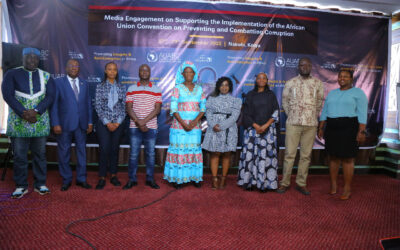

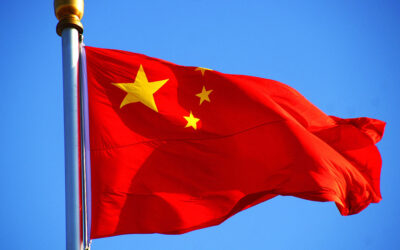

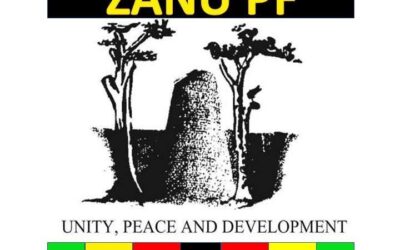
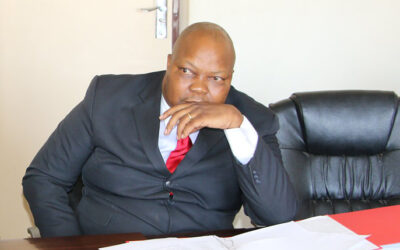

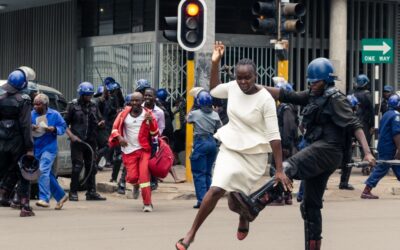
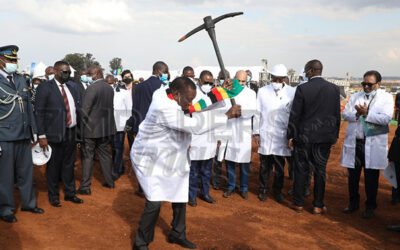

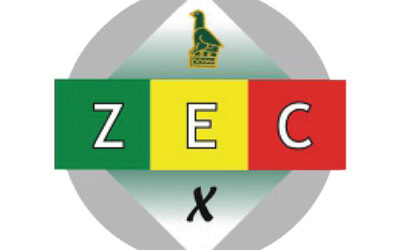


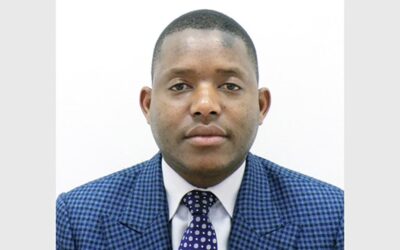
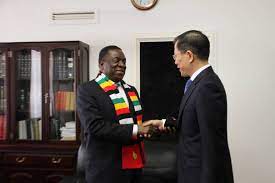


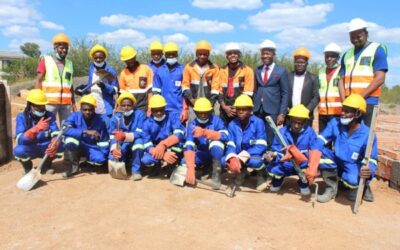
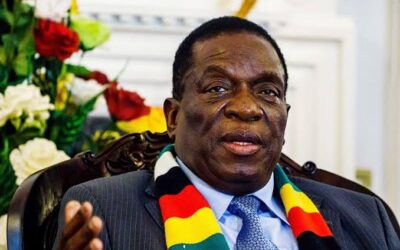
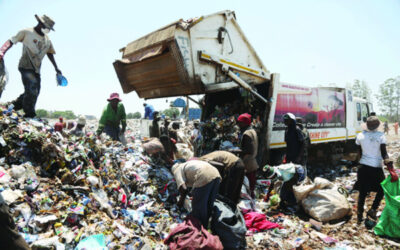



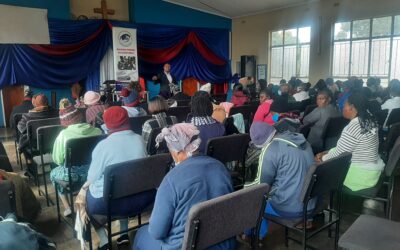


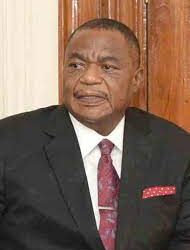
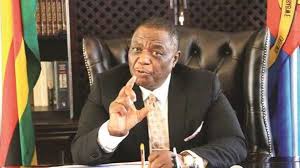









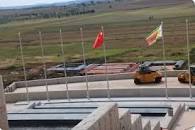


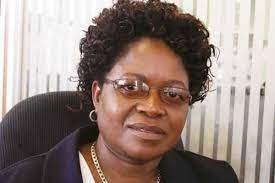

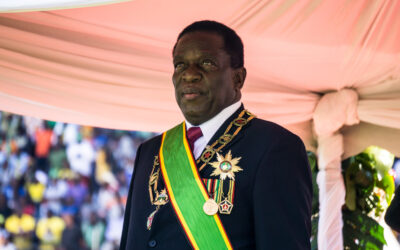
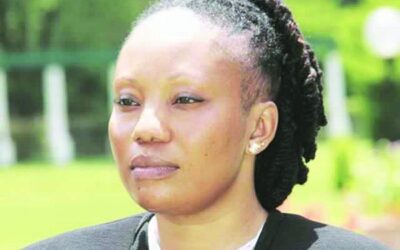
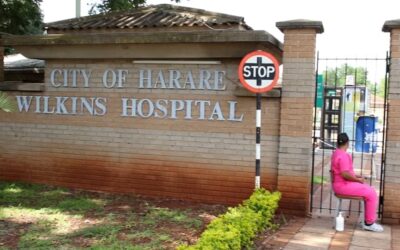



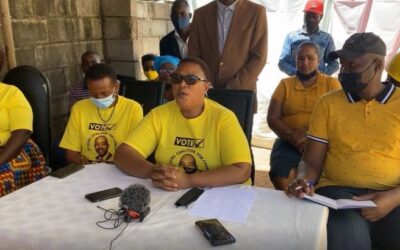

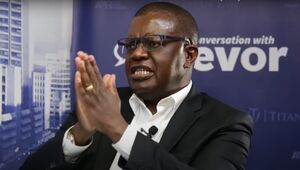




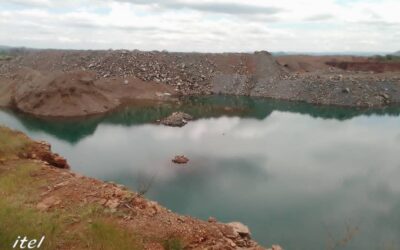
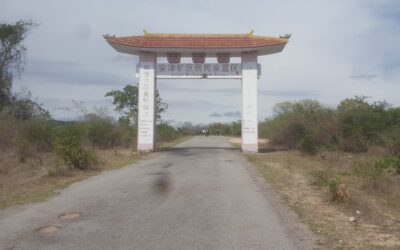
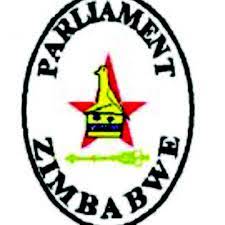
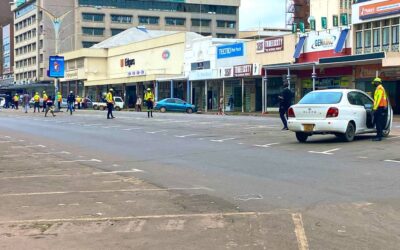
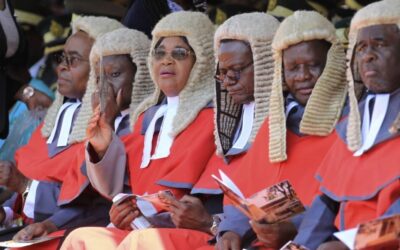

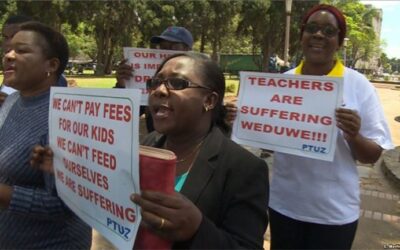
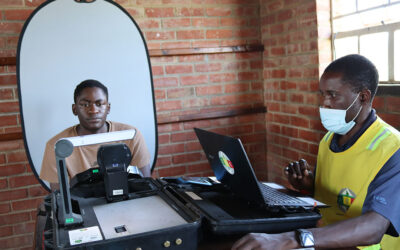


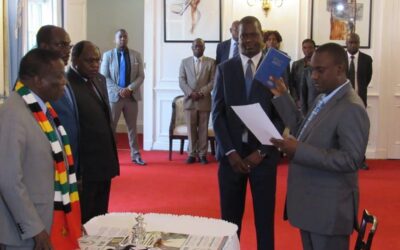

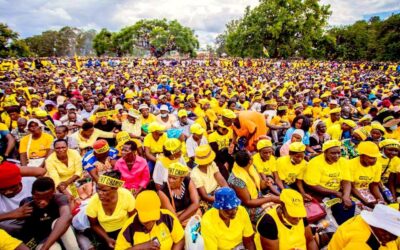

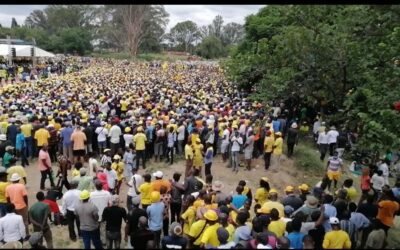

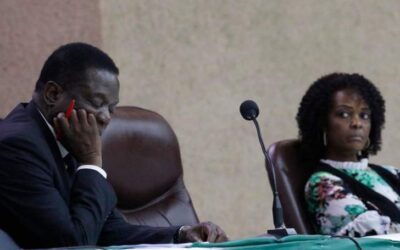
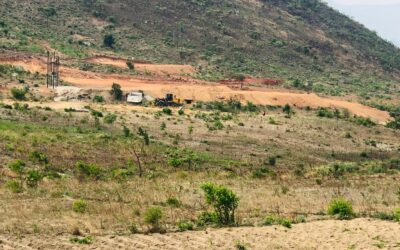


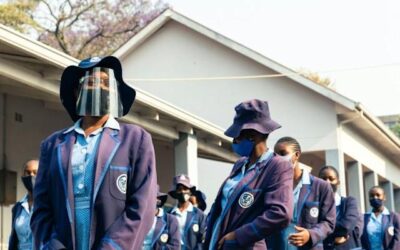

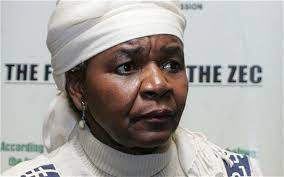

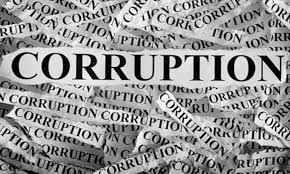






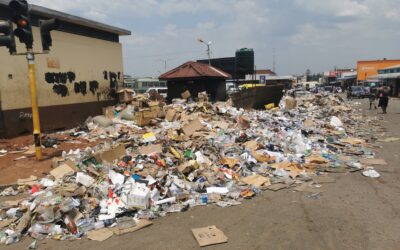
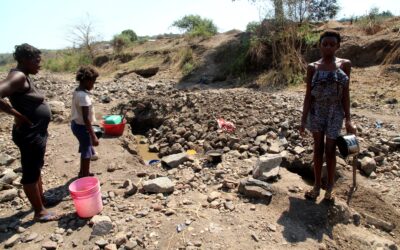

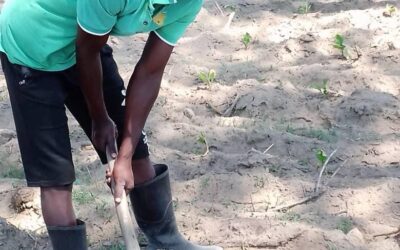








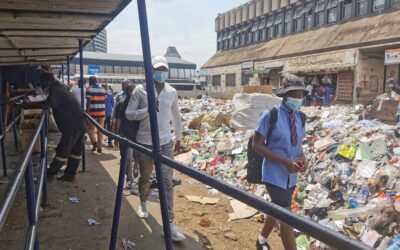
This blog seems to get a good ammount of visitors. How do you get traffic to it? It offers a nice individual twist on things. I guess having something authentic or substantial to post about is the most important factor.
I like how you manage to communicate your opinion effectively while keeping the content simple to understand for anyone regardless of his knowledge on the subject.